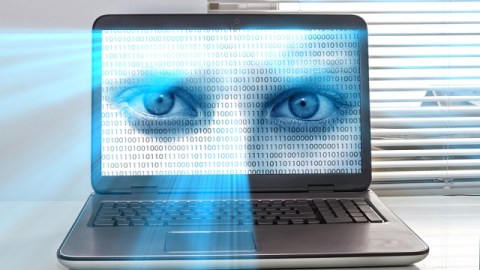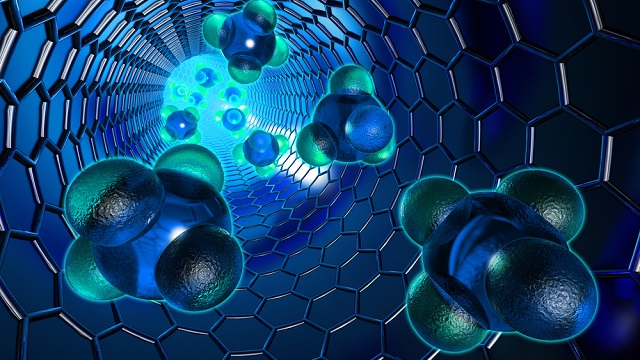Energy Savings, Big Brother Style

What’s the Latest Development?
Published this week in Proceedings of the National Academy of Sciences is a study in which Carnegie Mellon researchers attempted to influence some customers’ electricity usage using a very simple tactic: They sent postcards informing them only that their consumption would be tracked for one month. Compared to a control group, who didn’t receive the postcards, the tracked group reduced their usage by an average of 2.7 percent. Even though the postcards gave no additional information or instruction, customers included some common changes in habits in a follow-up survey. These included turning off lights when not in use (69.6 percent) and turning off the air conditioning (45.8 percent).
What’s the Big Idea?
The researchers wanted to see if a common behavioral reaction known as the Hawthorne effect — which basically states that people tend to change their behavior when they know they’re being watched — could help make customers more aware of their energy consumption. Unfortunately, while the reduced usage and the corresponding methods employed were encouraging, customers largely returned to their old habits after they thought the experiment had ended.
Photo Credit: Shutterstock.com
Read it at The Atlantic Cities





